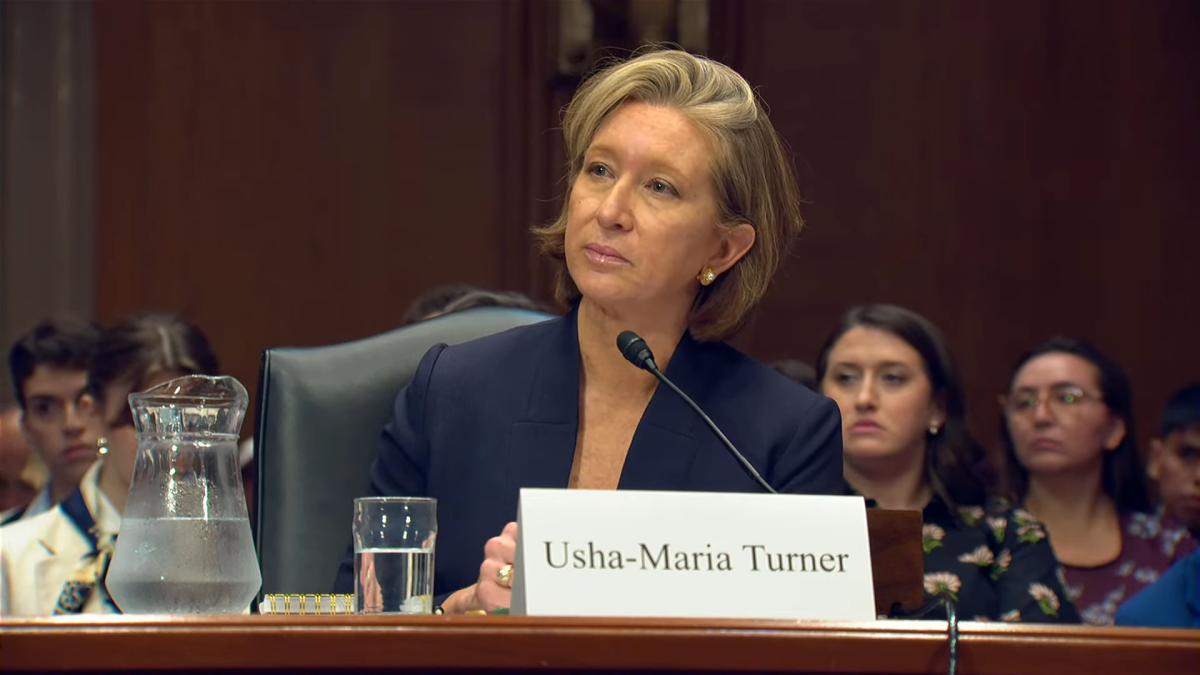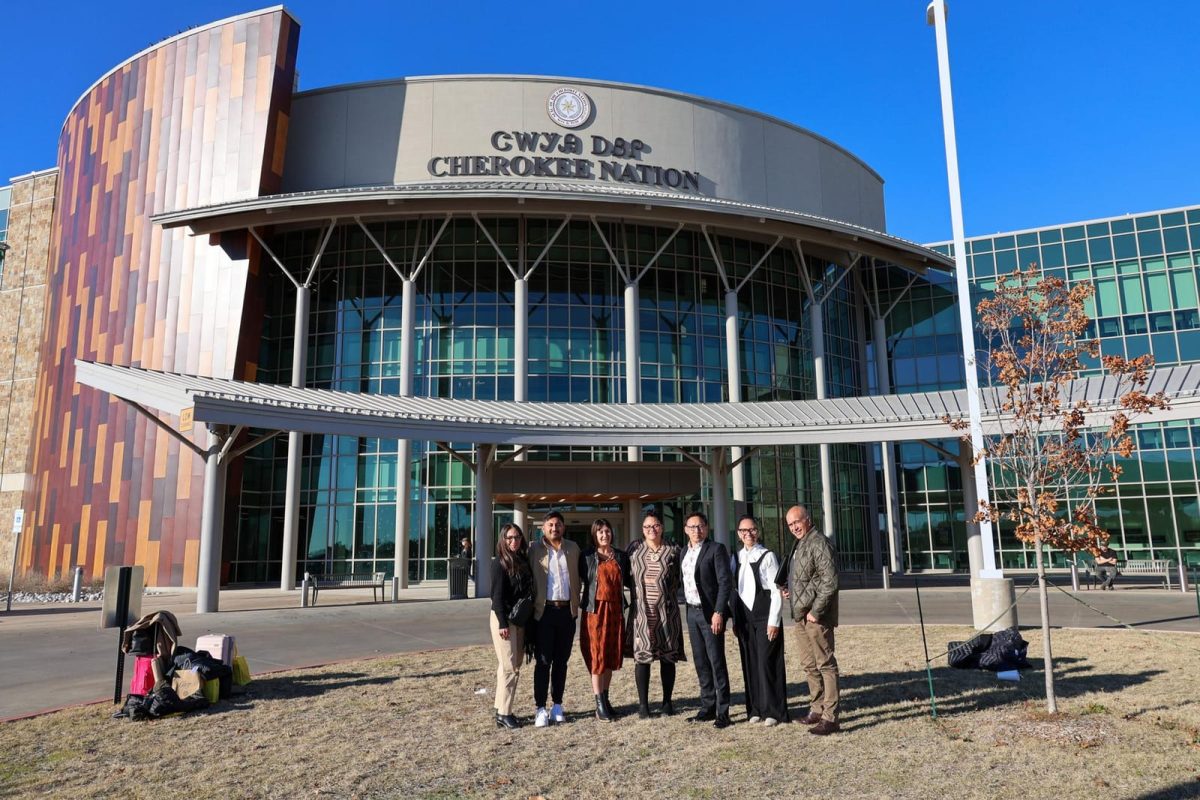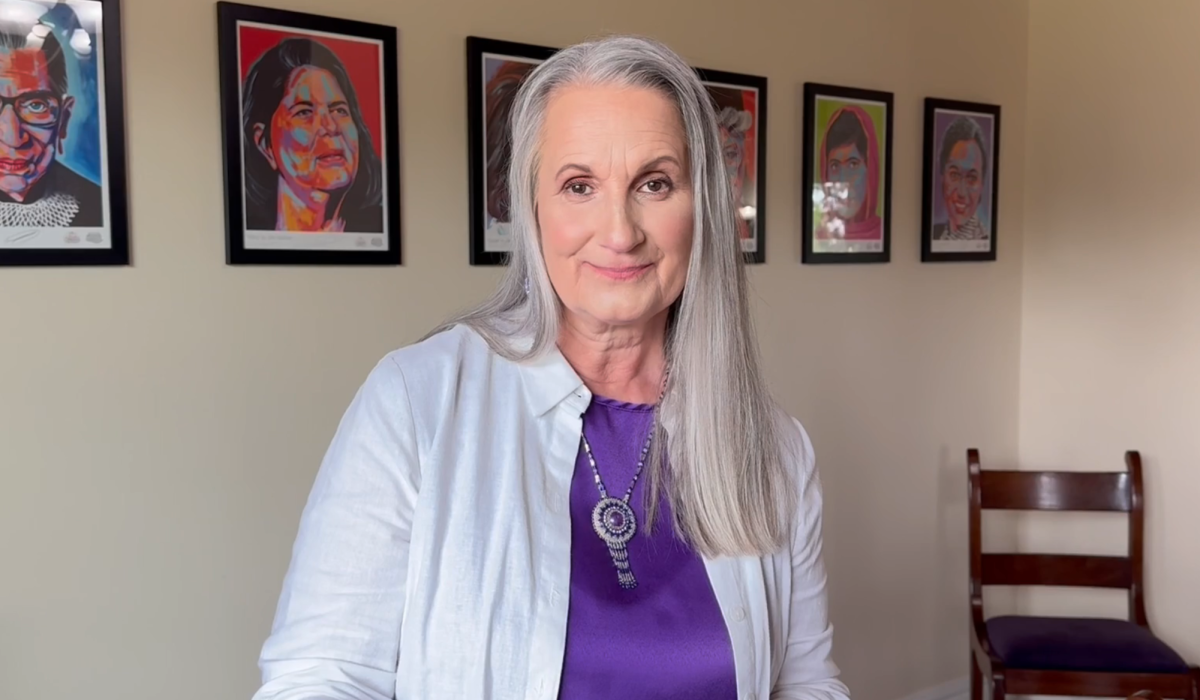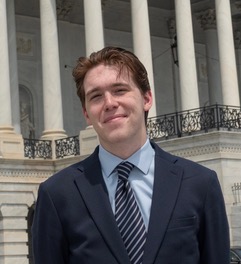WASHINGTON—Oklahoma energy executive Usha-Maria Turner pledged Wednesday to strengthen the Environmental Protection Agency’s global and tribal partnerships if confirmed as Assistant Administrator of the EPA’s Office of International and Tribal Affairs.
Testifying before the U.S. Senate Committee on Environment and Public Works, Turner, a Trump nominee and Chesapeake Energy Vice President, emphasized her decades of experience in Oklahoma’s energy sector and vowed to uphold the EPA’s government-to-government relationships with tribal nations.
“By my experience, I have worked through balancing economic prosperity and environmental protection, respecting the legal frameworks governing industry and its regulators,” Turner said. “Meeting tribal needs and any community’s needs is a key priority within EPA’s core mission of protecting human health and the environment.”
The Office of International and Tribal Affairs (OITA) manages the EPA’s engagements with foreign and tribal entities, working to develop “policy and programs that protect U.S. public health and the environment.” If confirmed, Turner said she would prioritize collaboration with tribes and other agencies, emphasizing a results-driven approach.
“OITA guides the agency-wide effort to strengthen public health and environmental protection among the 574 federally recognized tribes and Alaskan Native Villages in Indian Country with a focus on enabling Tribal nations to administer their own environmental programs and carrying out its federal trust responsibility,” Turner said.
During the hearing, senators pressed Turner on several long-standing environmental and infrastructure issues affecting Native communities, such as uranium contamination on Navajo lands, access to drinking water, and delays in interagency coordination.
Turner said she would take a direct, on-the-ground approach to uncovering regulatory barriers and resolving regulatory delays that have stalled progress, specifically citing her hopes to streamline permitting processes.
“It is one of many issues within EPA’s halls that have been going on too long,” Turner said. “If you are members of the nation that are either directly or indirectly impacted, it’s unacceptable that it has gone on this long.”
Sen. Alex Padilla (D-California) asked Turner about her understanding of tribal sovereignty, noting that Oklahoma is home to the second-largest number of federally recognized tribes in the country. Turner referred to tribal sovereignty as a “core tenet” of EPA policy and pledged to “meet the tribes where they need to be met.”
“We treat them as a government-to-government entity,” Turner said. “They know their lands better than we do, and one of EPA’s core responsibilities from within the Office of International and Tribal Affairs is to work with them.”
She noted that the needs and capabilities of tribes vary widely across the country, and EPA consultation will look different depending on the unique factors surrounding individual tribes.
“Tribes, as we know in Oklahoma, are of various sizes, various histories, various resources,” Turner said. “It’s important for EPA — in general and in this office — to recognize that and to execute EPA’s core mission, its federal trust responsibility, and meet the tribes where they need to be met at.”
Turner, who has spent 25 years in the electric utility, natural gas, and coal sectors, pointed to her experience navigating environmental regulations while working with both large and small tribes in Oklahoma. She reinforced the need for agency leaders to stay grounded in the communities they affect:
“It’s not just the communities you operate and serve,” Turner said. “But it’s the communities that are your rate payers, the people who pay your bills, who are impacted by all the decisions that you make.”
Turner’s nomination still faces a committee vote before advancing to the full Senate for confirmation.
Gaylord News is a reporting project of the University of Oklahoma Gaylord College of Journalism and Mass Communication. For more stories by Gaylord News go to GaylordNews.net.








